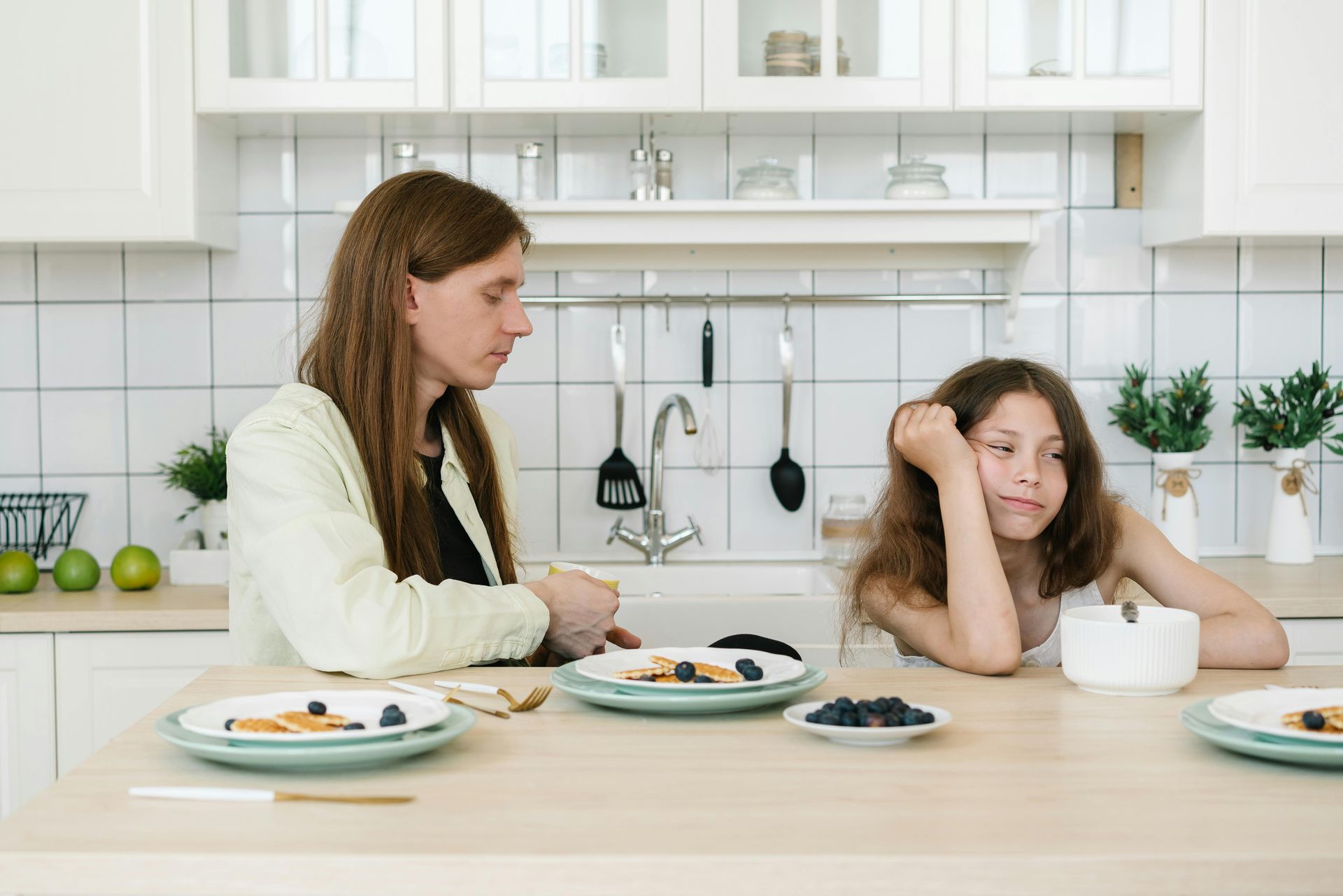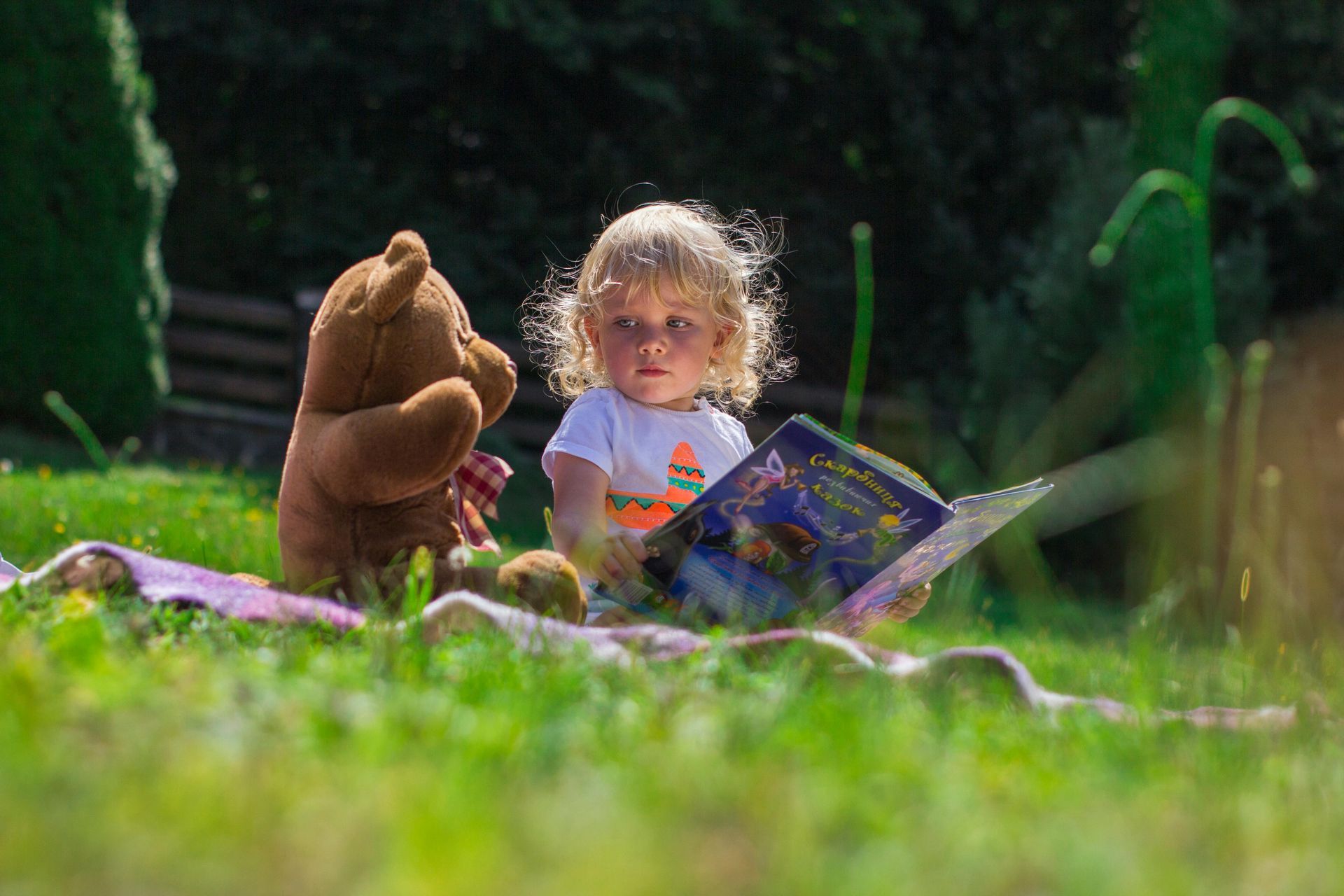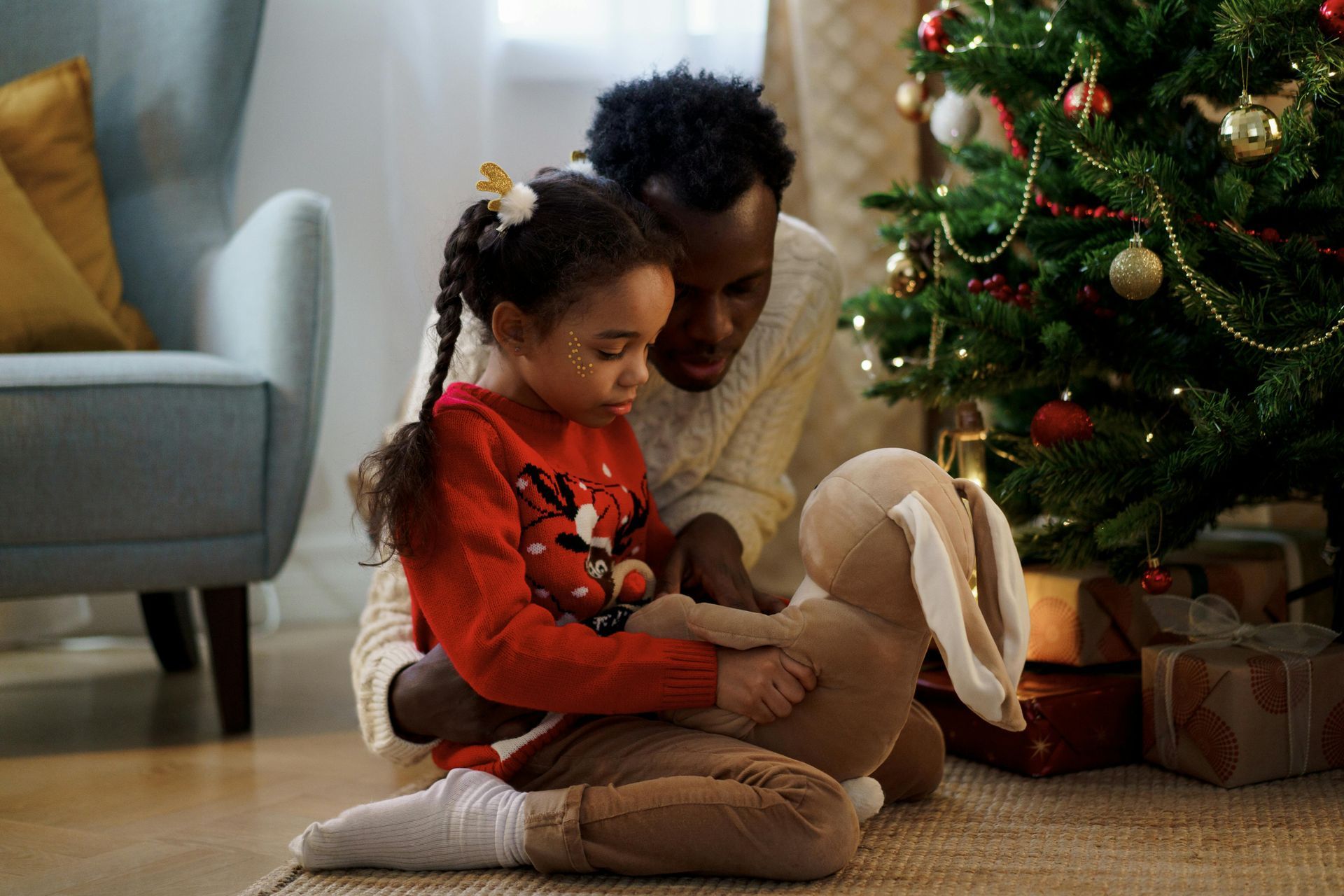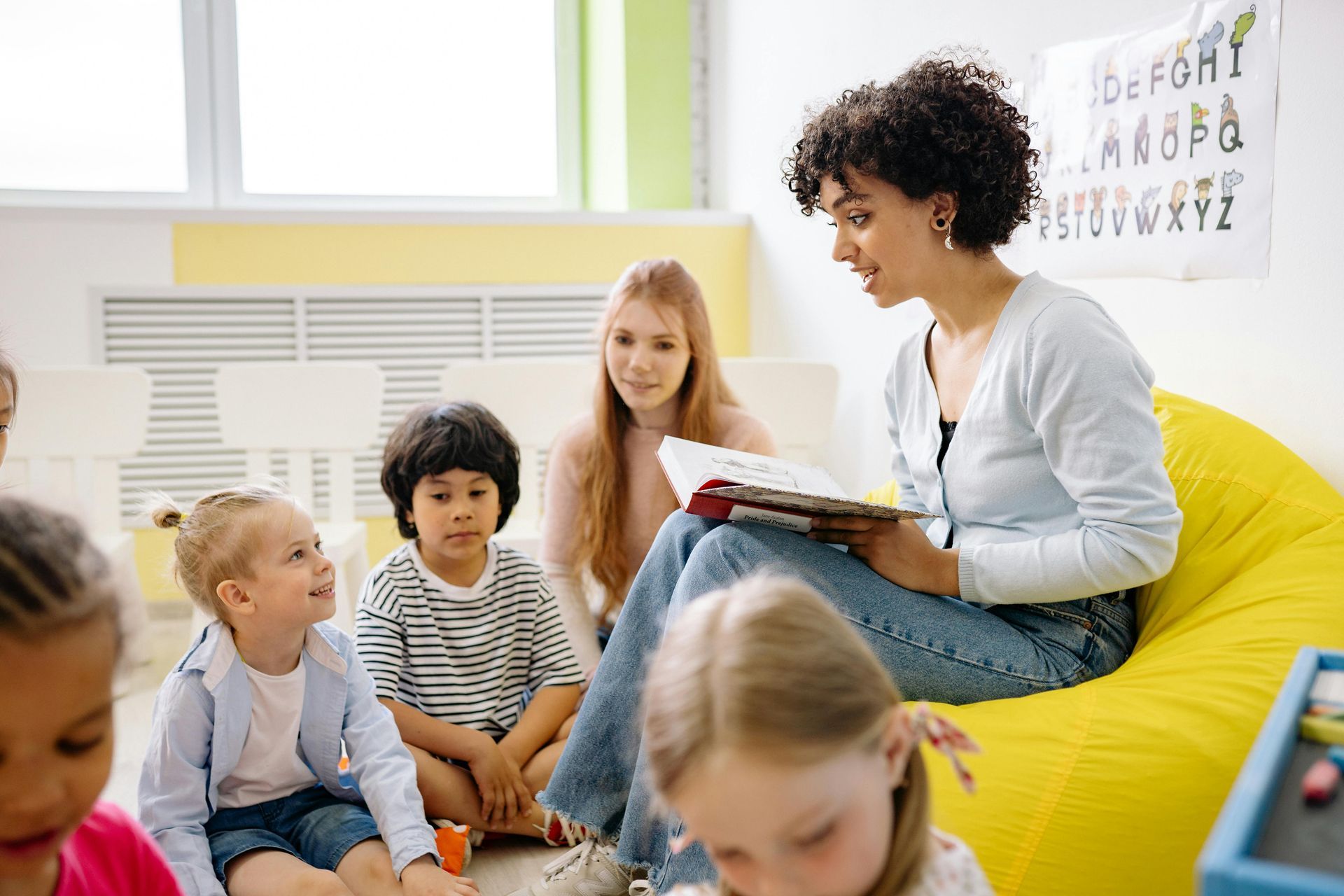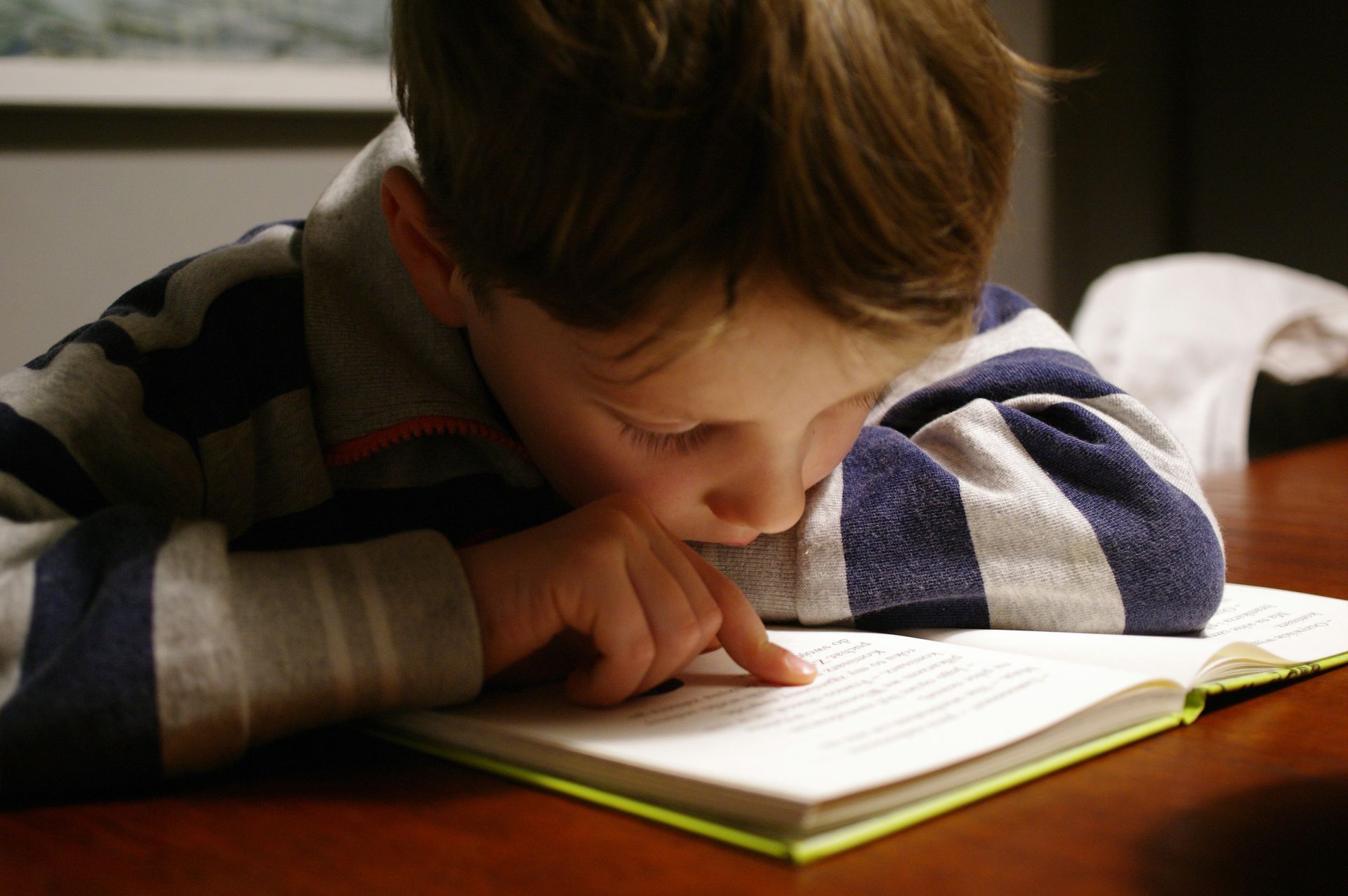Mental Health in preschool children
Mental Health is preschool children is more prevalent than ever
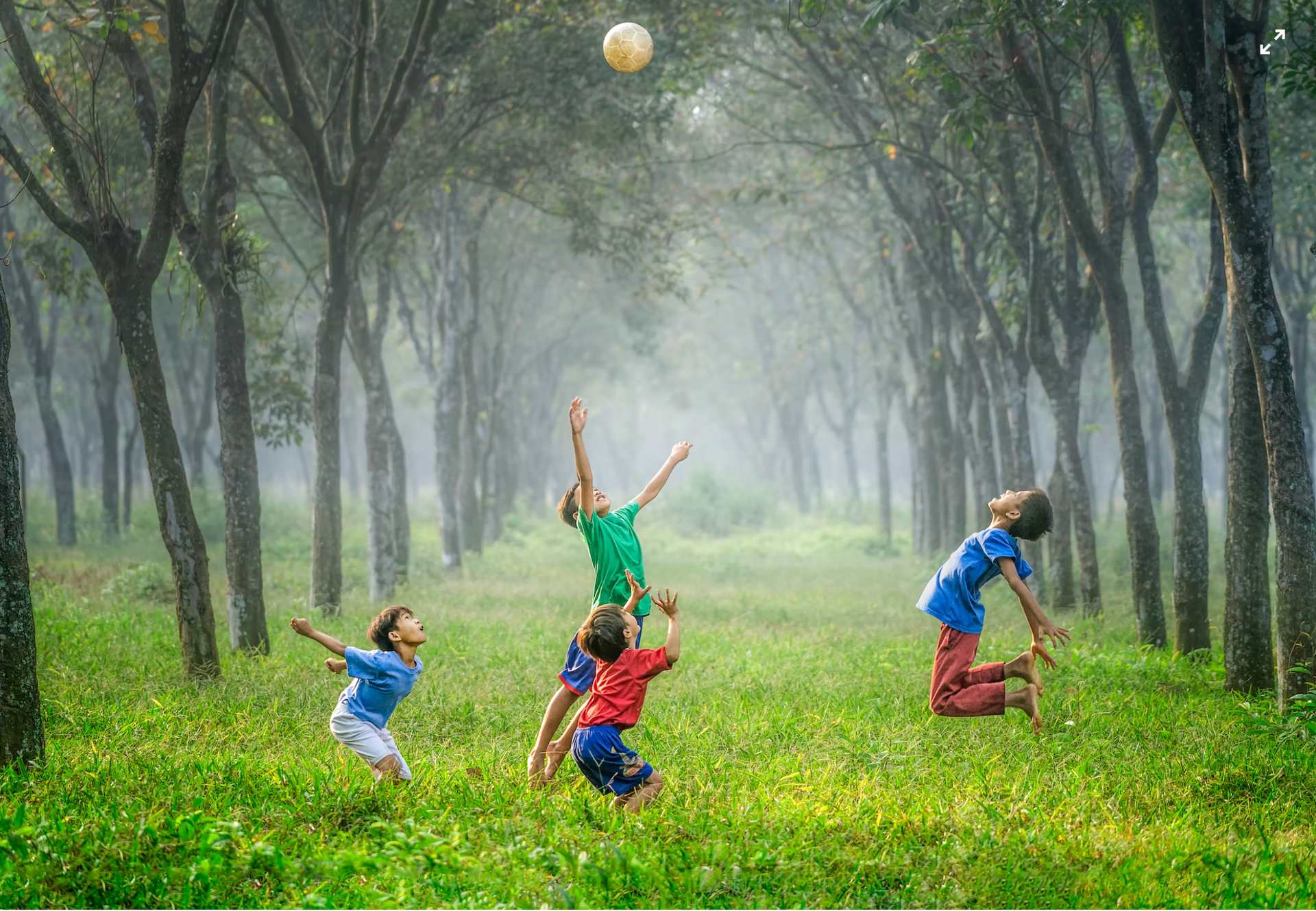
Mental health in preschool children is an incredibly important but all too often overlooked topic. It is more prevalent today than it ever has been. Early childhood is a critical period for the development of mental health, and it is essential to address any issues that may arise at this stage, although they are not always easy to detect in a younger child. Here are a few things to know about mental health in preschool children:
Mental health issues can manifest very early: Children as young as 3 years old can experience mental health issues such as anxiety, depression, and behavioural problems. It's essential as a parent, carer or teacher to be aware of the early signs and symptoms of mental health issues in young children, and to seek professional help if needed.
Play is an important aspect of mental health: Play is a natural and essential part of a child's development, and it plays a vital role in promoting mental health. Children use play to learn about the outside world and explore their emotions. They work through challenging experiences, and make sense of what’s currently happening and the world around them. They benefit most when they are in charge of their own play time. When children choose what to play, who to play with, and how to organise their play, they have more fun. The control gives them a sense of importance. Children also develop and learn in all sorts of ways while playing:
- Climbing helps children build body strength, coordination and balance. It helps them develop confidence and most importantly self-esteem, too.
- Chatting, joking and making up games with other children contributing to those, helps them develop their overall communication skills.
- Running and playing chase helps children get more competitive and fitter.
- When we wince about them walking or running along the tops of walls, it actually helps children develop concentration and balance.
- The simple acts of jumping off steps, skipping with a rope or learning to ride a bike helps children develop coordination and confidence in what their bodies can do.
- Playing make believe comes naturally and develops children’s imagination and creativity. It can help them make sense of the happy or difficult things in their life, too.
- Most importantly the act of physical playing gives children the chance to let off steam and have fun. This helps reduce stress on you, their parents, the carers and the wider families.
As a family, caregiver or teacher, building strong relationships is key: Positive and nurturing relationships are crucial for the development of positive mental health in preschool children. These relationships are essential to provide a sense of security and support, and they serve as a protective factor against mental health issues.
Early intervention is crucial to determine the next course of action. Early identification and intervention is crucial for addressing mental health issues in preschool children as young as three years old. The sooner a problem is identified and addressed, the better the outcome is going to be.
Parenting education and support is important: Parents and caregivers play a crucial role in promoting mental health in young children. They should be provided with education and support in how to identify signs of mental health issues, how to create a supportive and nurturing environment, and how to access professional help when needed. This is exactly why I have created my series of books to help parents, caregivers and teachers help children to open up and express their feelings.
It's important to remember that mental health is just as important in young children as it is in adults. By being aware of the signs and symptoms of mental health issues, building strong relationships and providing early intervention, we can help preschool children grow into happy, healthy and successful adults.


